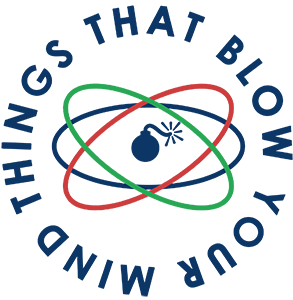Greek for ‘Power’
During the year 1864 in Sweden, a 31 year old man named Alfred mourned the death of his younger brother, Emil. Emil died in an industrial accident making nitroglycerin in the family business. Explosives contribute enormously to civil engineering projects, breaking hard rock and moving earth more efficiently than any other mechanism. Nitroglycerin was the first explosive invented that was stronger than black powder: it had the power to shatter rock and not just shove it around. Unfortunately, nitroglycerin is highly unstable; warm temperatures and mild shock can cause it to detonante. Despite the risk, there was a high demand for nitroglycerin in projects like the Transcontinental Railroad.
Alfred not only mourned his brother, he promised to do something about it. And this man who had less than 2 years of formal schooling did do something: by mixing the nitroglycerin into clay, he was able to stabilize it. This mixture could be hit with a hammer and set on fire and yet it would not explode. It took another small explosive, a blasting cap, to cause this new explosive to, well, explode! By using only a tiny amount of unstable explosive to detonate a much larger, otherwise stable explosive the whole process was made vastly safer. The mixture, packed in cardboard tubes and sold in boxes was called dynamite, from the Greek work for power.
Dynamite explosive could be safely shipped across the country and across the sea. It greatly facilitated mining, building dams, and modern roadways. Alfred became incredibly wealthy because of dynamite.
His success was not without challenges. Although Alfred was a life-long pacifist, much of his patented dynamite was sold for military use. Troubled and wondering how he would be remembered by the world, Alfred willed almost all of his vast wealth to support making the world a better place. His will created a foundation that gives prizes annually to those who contribute to the betterment of humanity. These prizes are given in Alfred’s family name, known today as Nobel Prizes.

Recent Comments